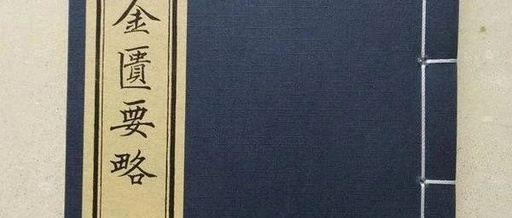Study of the Essentials of the Golden Cabinet Day Sixty-OneMay the classics be a vessel, ferrying you and me across the sea of medicine; with diligent study as the oar, we travel a thousand miles without fatigue.For those with wind-dampness, floating pulse, heavy body, and sweating with aversion to wind, the prescription is Fangji Huangqi Tang (Siler and Astragalus Decoction). For abdominal pain, add Shaoyao (Paeonia).Fangji Huangqi Tang formula is indicated for dampness-related diseases.【Note】This entry is related to wind-dampness. Floating pulse indicates wind, heavy body indicates dampness, and severe dampness indicates water. Sweating with aversion to wind indicates a deficiency in the exterior, leading to unregulated sweating. This is a case where the defensive qi (wei) does not harmonize with the nutritive qi (ying). Fangji (Siler) promotes water metabolism, while Huangqi (Astragalus) stabilizes the exterior and facilitates the outward flow of sweat. Baizhu (Atractylodes) and Zhi Gan Cao (Honey-fried Licorice) tonify the middle and suppress water, thus resolving wind-dampness. Therefore, for abdominal pain, adding Shaoyao is appropriate, as Shaoyao has a sweet and slightly bitter flavor, and its nature is to disperse and relieve blood stasis. It is used in the Guizhi Tang (Cinnamon Twig Decoction) to promote the release of sweat from the spleen and reach the muscle layer. The spleen is the organ that governs blood storage, and abdominal pain indicates qi stagnation in the spleen’s major channels. Hence, Shaoyao is added to relieve it. For women with abdominal pain, Danggui Shaoyao San (Tangkuei and Peony Powder) should be used, as it also addresses blood stasis and promotes dispersal. To use sour and cold herbs to restrain yin would be a grave mistake.

